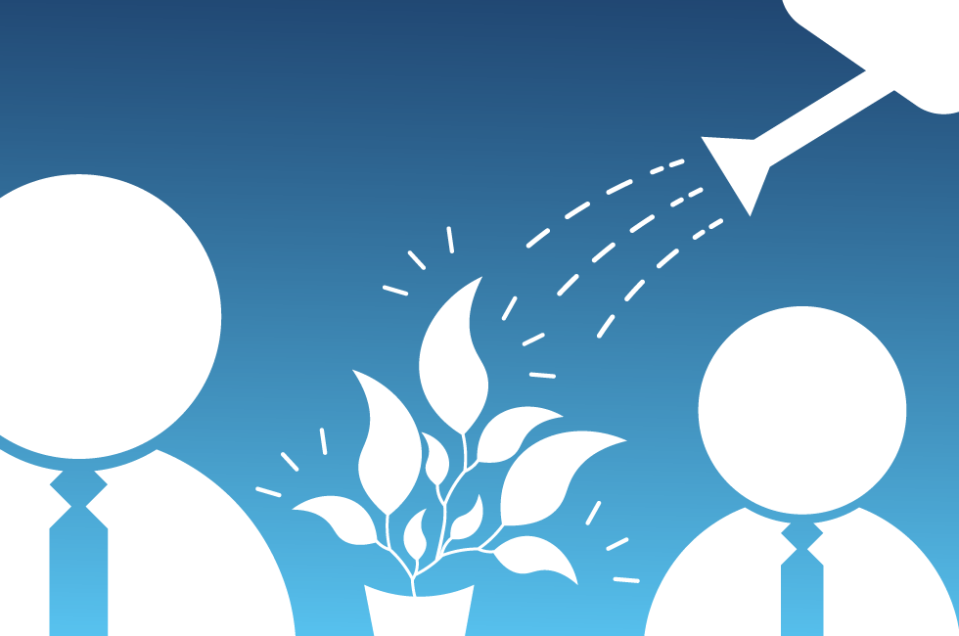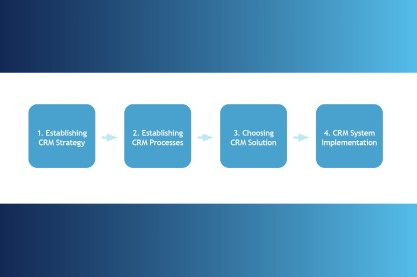Total Quality Manage...
18969 | 6 Apr 2023

From enhancing skills and knowledge to boosting morale, attracting top talent, fostering innovation, and improving overall performance, employee development serves as a strategic imperative for organizations striving for long-term success and competitiveness. Furthermore, it plays a vital role in meeting regulatory and compliance requirements, safeguarding operations, and enhancing organizational integrity. By prioritizing employee development, organizations position themselves as leaders in their industries, prepared to adapt, innovate, and excel in an ever-evolving business landscape.
People are undeniably the most valuable asset that any company possesses. While technologies and resources are essential, it is the talent, dedication, and expertise of individuals within an organization that truly drive its success. Employees bring innovation, creativity, and a depth of knowledge that no other asset can match. They are the architects of an organization's vision, the implementers of its strategies, and the face of its brand. It is their skills, motivation, and commitment that allow a company to adapt, grow, and thrive in an ever-changing business landscape. Investing in their development, well-being, and professional growth is not just a sound business practice; it's a fundamental recognition of the pivotal role that people play in shaping the destiny of a company. In essence, people are the heartbeat of an organization, and their contributions are what ultimately determine its strength and success.
Employee development programs, including training, workshops, and continuing education, are instrumental in elevating the skills and knowledge of the workforce. Access to continuous learning opportunities empowers employees to excel in their roles, resulting in enhanced job performance, heightened productivity, and superior work quality.
Furthermore, the rapid evolution of the work landscape necessitates that employees remain abreast of the latest skills and knowledge. Employee development ensures employees stay current, enabling them to proficiently adapt to new tools, processes, and methodologies.
Investing in employee development conveys an organization's commitment to the growth and success of its employees. This, in turn, bolsters employee morale and motivation. When employees feel valued and supported in their professional growth, they become more engaged, enthusiastic, and loyal to the organization. Elevated morale and motivation contribute to a positive work environment and improved retention rates.
Moreover, employee development programs provide a clear pathway for career advancement. Employees aware of the organization's investment in their growth are more inclined to set ambitious career goals and diligently pursue them. This sense of purpose and direction significantly enhances motivation and overall job satisfaction.
In today's fiercely competitive job market, attracting and retaining top talent poses a formidable challenge for organizations. Employee development programs serve as potent recruitment tools, drawing prospective employees who seek opportunities for growth and advancement.
Organizations with robust employee development initiatives often gain a reputation as preferred employers, attracting a steady stream of top talent. This not only reduces recruitment costs but also ensures access to the finest candidates.
Furthermore, existing employees are less likely to depart if they perceive a clear path for career development within the company. The prospect of skill enhancement and upward mobility not only retains talent but also mitigates turnover, a costly and disruptive issue.
The business landscape continuously evolves, presenting new technologies, market trends, and customer preferences. Employee development equips the workforce with the skills and knowledge needed to adapt to these changes and drive innovation.
Organizations that encourage continuous learning and experimentation nurture a culture of innovation. Employees expanding their horizons are more likely to devise creative solutions, explore novel ideas, and embrace change—a vital ingredient for competitiveness in dynamic industries.
By cultivating a culture of continuous learning, organizations stay ahead of the curve, positioning themselves to seize opportunities and effectively navigate challenges.
Employee development programs often encompass elements that promote personal growth and well-being, such as stress management, work-life balance, and emotional intelligence training. These programs lead to reduced stress, improved mental health, and enhanced work-life integration for employees.
Supported in their personal development, employees report higher job satisfaction, reducing turnover rates. Satisfied employees are also more productive, collaborate effectively with colleagues, and provide excellent customer service, which has a far-reaching impact on the organization.
Effective leadership is pivotal for organizational success. Employee development programs frequently incorporate leadership training and mentorship, enabling the identification and nurturing of future leaders.
Identifying and grooming future leaders is critical for succession planning. Organizations investing in leadership development ensure a seamless transition when key executives or managers retire or move on. This minimizes disruption and uncertainty while preserving continuity in strategic decision-making.
Developing leaders internally reinforces the organization's commitment to a culture of growth and advancement, inspiring other employees to aspire to leadership roles.
Ultimately, employee development programs significantly impact overall organizational performance. Well-trained, motivated, and engaged employees contribute to increased efficiency, superior customer service, and enhanced profitability.
Continuously improving skills and knowledge equips employees to handle their responsibilities adeptly, streamlining processes, reducing errors, and increasing productivity.
Motivated and engaged employees go the extra mile in providing exceptional customer service, bolstering the organization's reputation and customer loyalty, ultimately leading to increased revenue and profitability.
Employee development is not an expense but an investment that yields substantial returns. Prioritizing employee development enables organizations to establish leadership in their industries, adapt to change, and consistently deliver superior performance.
Numerous industries are subject to stringent regulatory and compliance mandates. Employee development programs ensure employees are well-versed in these regulations and can adhere to them effectively.
Failure to comply with regulations can result in legal and financial consequences, making employee development essential for risk mitigation. Organizations investing in comprehensive compliance training reduce the likelihood of regulatory violations, preserving their reputation and avoiding fines and legal complications.
Additionally, well-informed employees are better equipped to identify potential issues and report them promptly, proactively addressing compliance concerns.
The significance of employee development looms large in today's swiftly changing business arena. It is a multifaceted strategy that bestows benefits upon both individuals and organizations. By investing in the growth and well-being of their workforce, organizations enhance skills, boost morale, attract top talent, foster innovation, improve performance, and ensure regulatory compliance.
By doing so, they position themselves for long-term success and competitiveness. Employee development is not just a good practice; it is a strategic imperative for organizations seeking to thrive in today's world. As the business landscape continues to evolve, organizations that prioritize employee development are better equipped to adapt, innovate, and excel in their respective industries.
What are your thoughts on the subject above? Feel free to post a comment or start a discussion.
TAGS: Employee Development, Strategic Imperative, Organizational Success, Growth, Investment, Skills Enhancement, Motivation, Talent Retention, Innovation, Job Satisfaction, Leadership, Performance Improvement, Competitive Advantage, Learning Culture, Productivity, Workforce Well-being, Adaptability, Talent Development, Continuous Learning, Employee Engagement, Personal Growth, Organizational Performance, Compliance, Succession Planning, ROI, Employee Satisfaction, Training, Talent Management, Human Capital, Career Advancement.


Leave A Comment